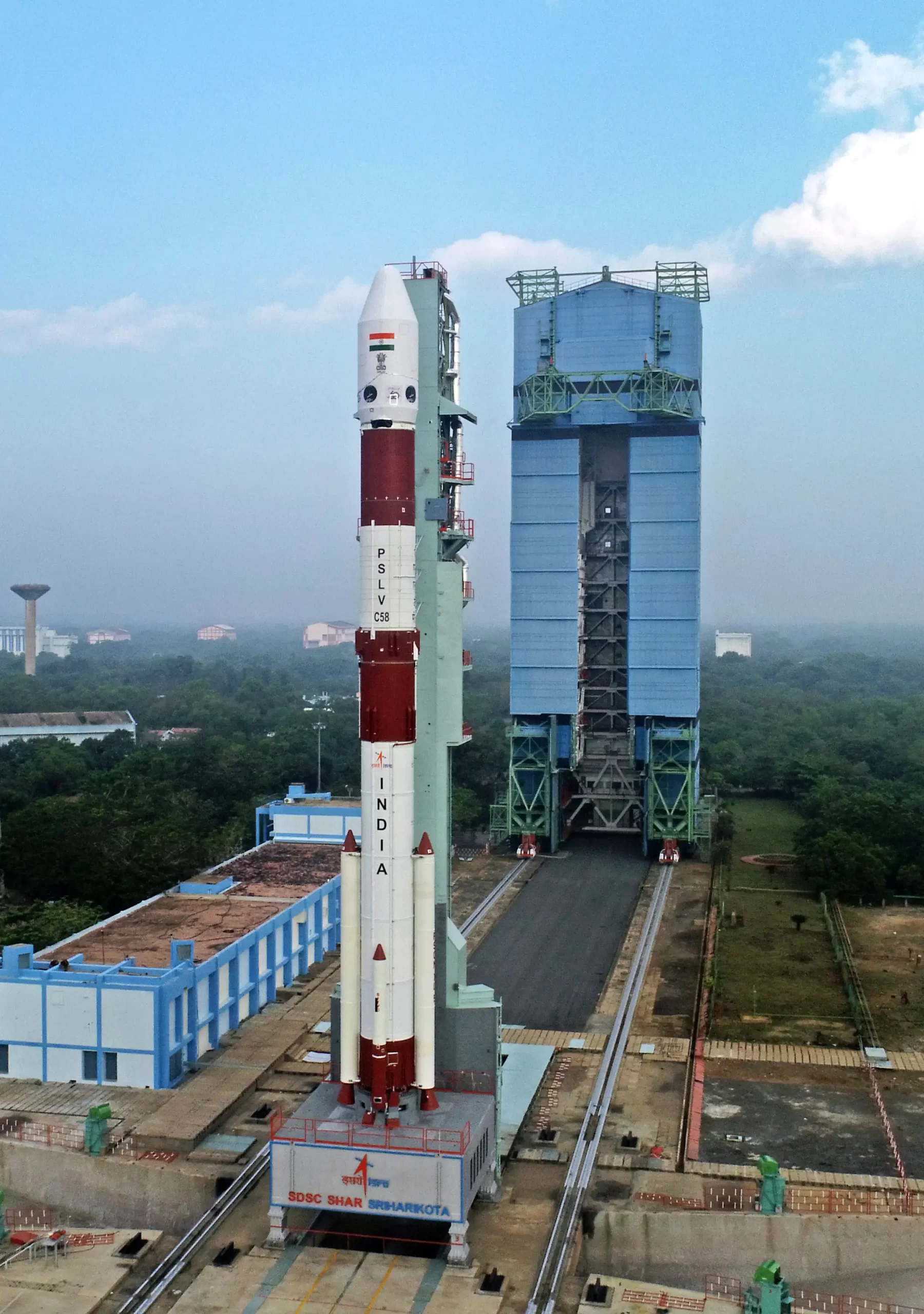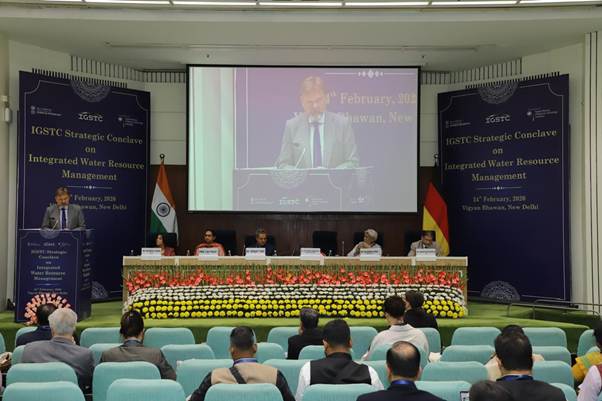
New Delhi: Indian Space Research Organisation’s PSLV-C58 successfully launched its first dedicated scientific satellite – X-ray Polarimeter Satellite (XPOSAT) – to carry out research in space-based polarisation measurements of X-ray emission from celestial sources into an Eastward low inclination orbit at 09:10 hours today.
The objectives of this mission are:
- To measure the polarisation of X-rays in the energy band 8-30keV emanating from about 50 potential cosmic sources through Thomson Scattering by POLIX payload.
- To carry out long-term spectral and temporal studies of cosmic X-ray sources in the energy band 0.8-15keV by XSPECT payload.
- To carry out polarisation and spectroscopic measurements of X-ray emissions from cosmic sources by POLIX and XSPECT payloads respectively in the common energy band.
Prime Minister Narendra Modi, termed the launch of XPoSat satellite as a “great start to 2024”. He posted on social media platform X that this launch was “wonderful news for the space sector and will enhance India’s prowess in this field”.
Offering details, ISRO said that after the injection of XPOSAT, the PS4 stage would be re-started twice to reduce the orbit into a 350 km circular orbit to maintain in 3-axis stabilized mode for Orbital Platform (OP) experiments. The PSLV Orbital Experimental Module-3 (POEM-3) experiment would be executed by meeting the objective of 10 identified payloads, supplied by ISRO and the Indian National Space Promotion and Authorization Center (IN-SPACe).
The satellite configuration is modified from the Indian Mini Satellite (IMS) – 2 bus platform. IMS is a family of modular mini satellite buses developed by ISRO. The configuration of the mainframe systems is derived based on the heritage of Indian Remote Sensing (IRS) satellites. It carries two payloads namely POLIX (Polarimeter Instrument in X-rays) and XSPECT (X-ray Spectroscopy and Timing). POLIX is realized by Raman Research Institute and XSPECT is by Space Astronomy Group of URSC.
– global bihari bureau





